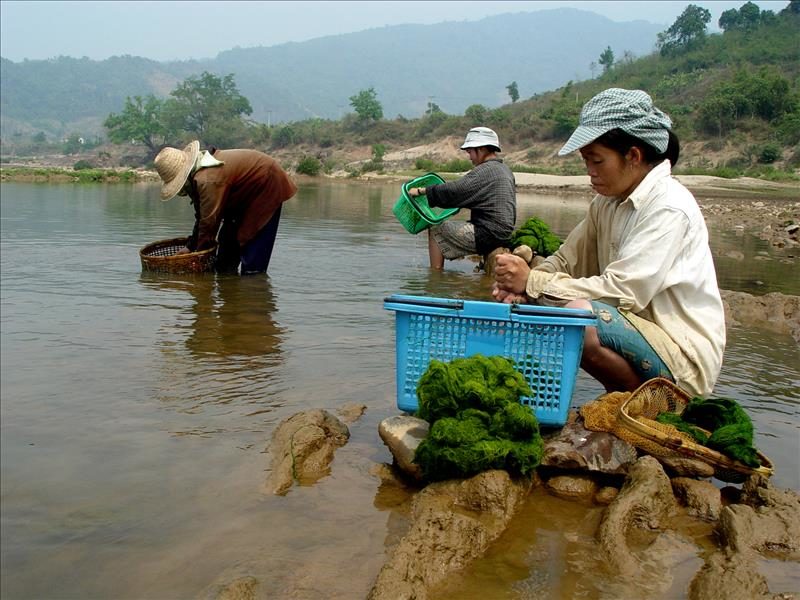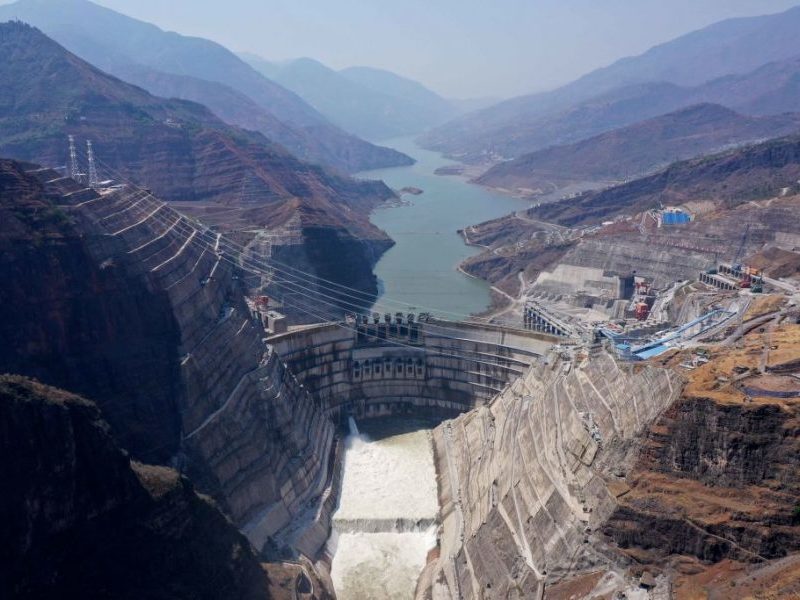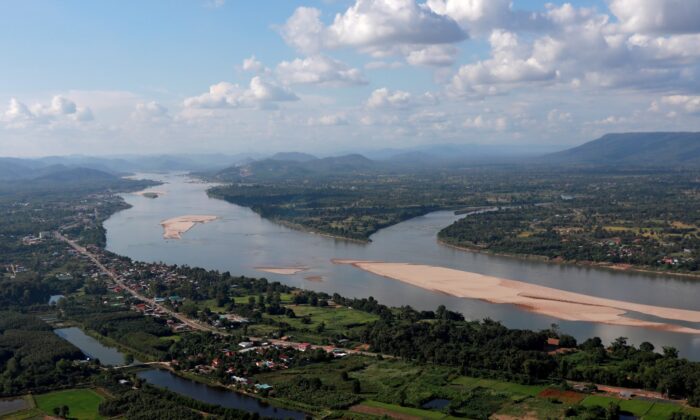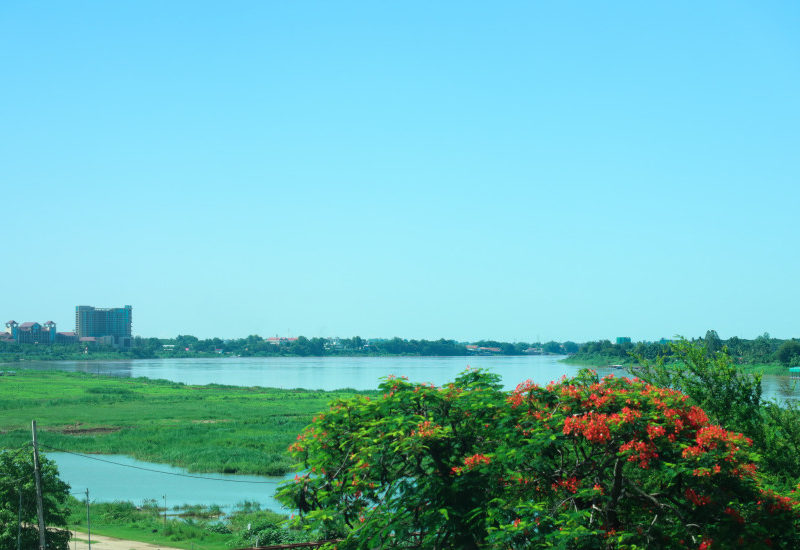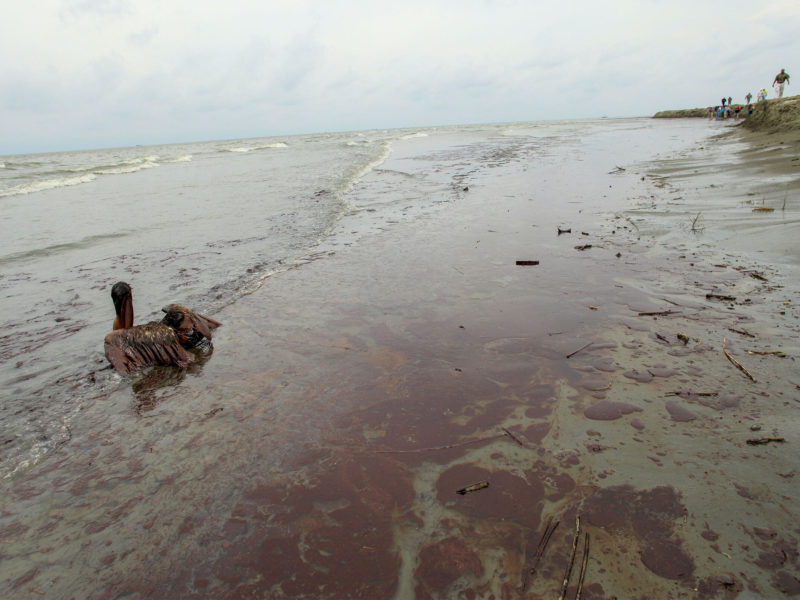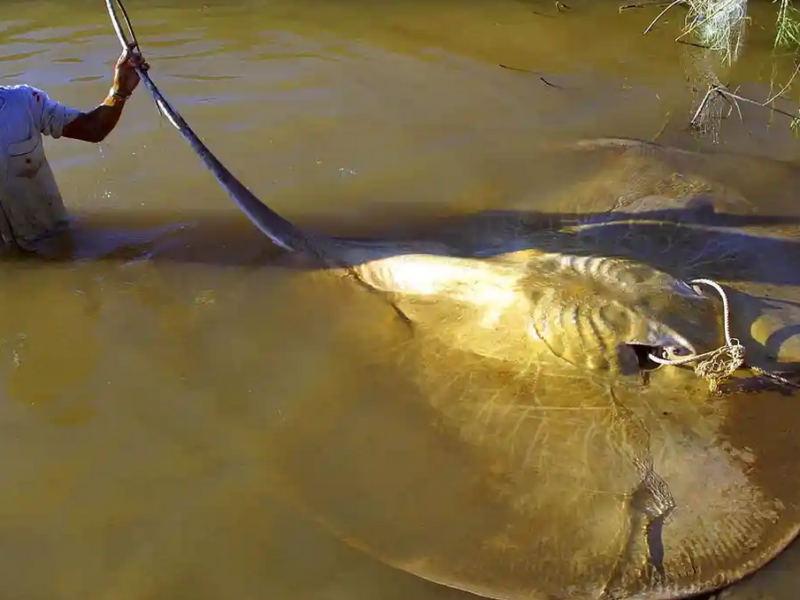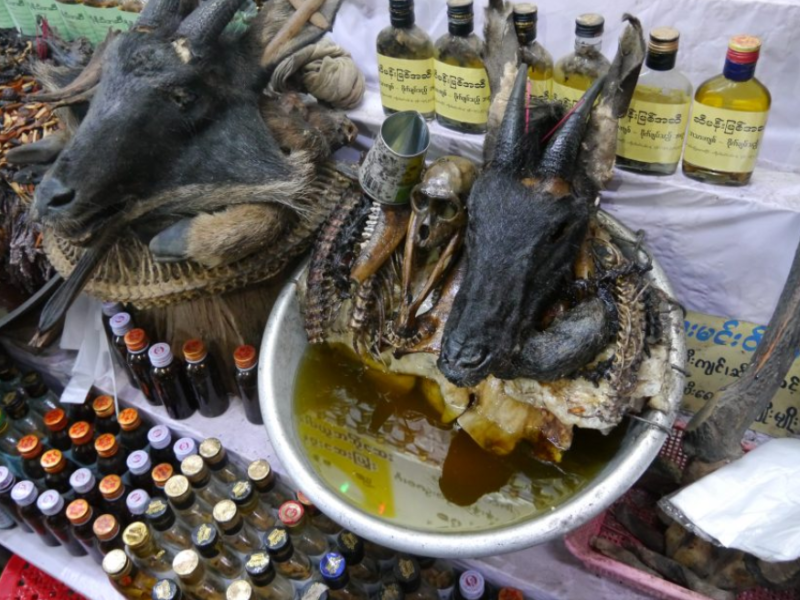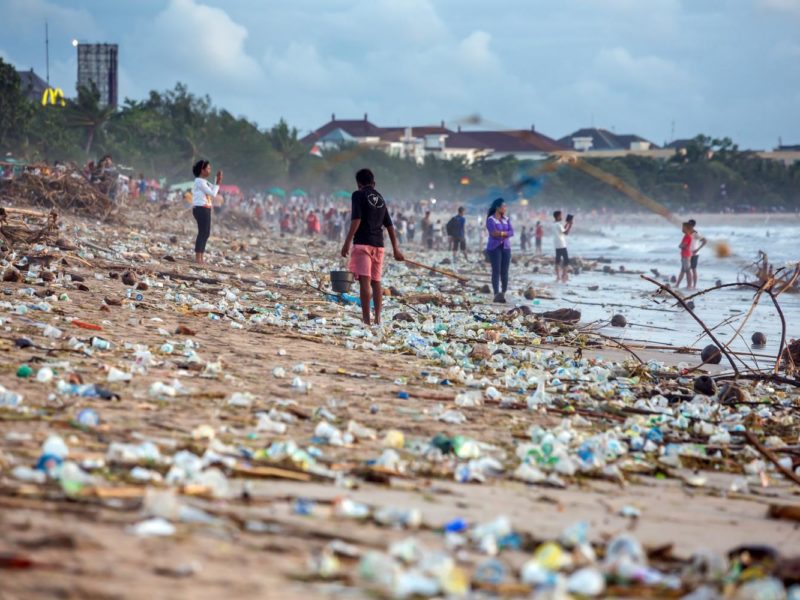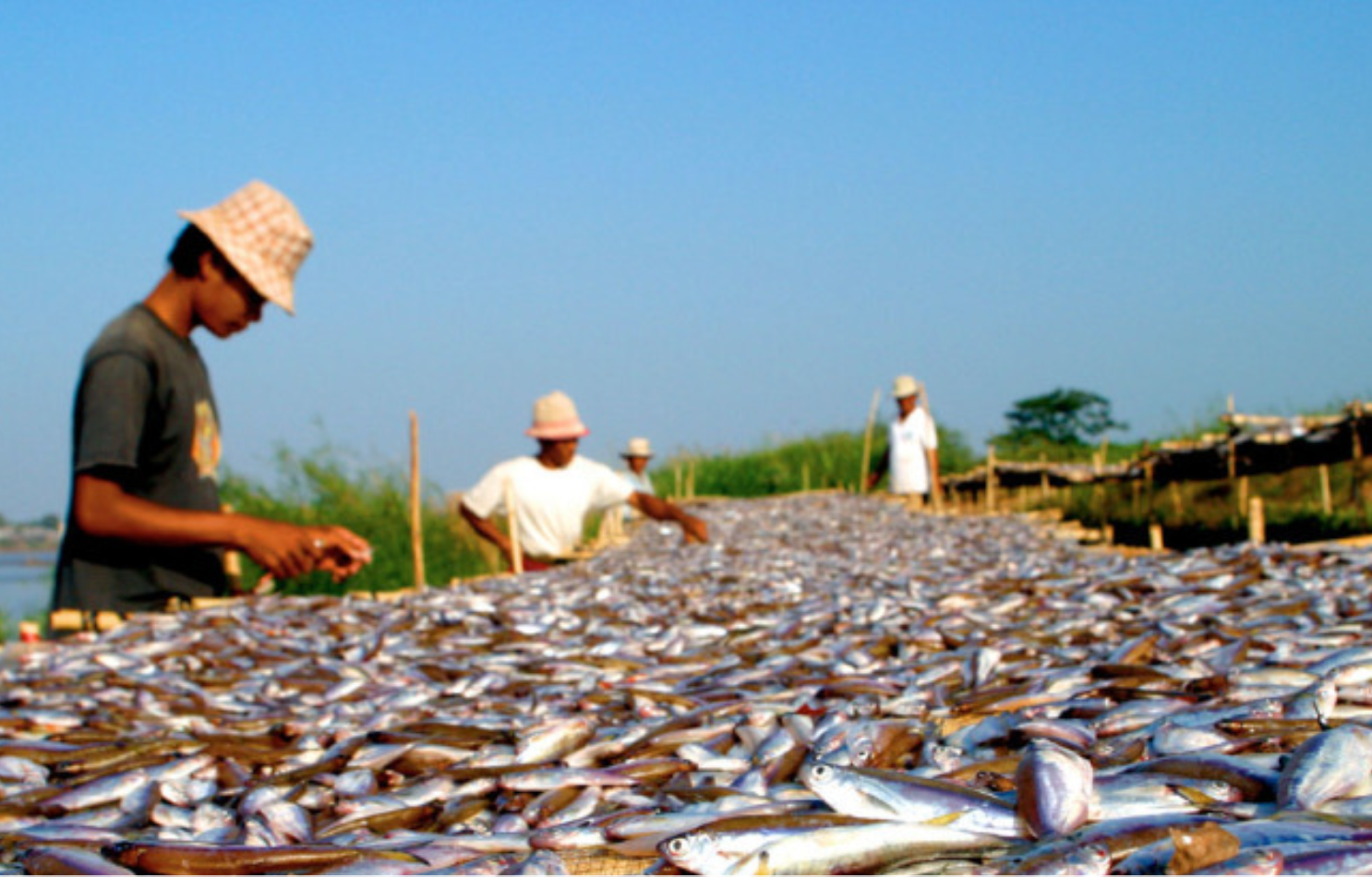The process of community citizen science is in line with the desirable process of public participation, which is intended to influence decisions, elevate democratic capacity, and empower marginalized individuals and communities.
Category: Mekong
One hundred years of devastation
For example, by building 11 giant dams on the Mekong, just before the river crosses into Southeast Asia, China has secured the ability to turn off the region’s water tap. But the CCP is failing to consider the high costs of its strategy, which extend far beyond political friction with neighbours.
Global community should beware of Beijing weaponizing water resources
Why are these five countries submissive to the CCP? Because they have been shortchanged.
Mekong River water levels see big jump due to torrential rain
“The region has received approximately 60% higher than average rainfall this month when compared to the same period in 2019 and 2020,” said Dr Lam Hung Son, Head of the MRC Secretariat’s Regional Flood and Drought Management Centre, noting that rainfall will be lower than average in July and about average in August and September.
‘Gamechanging’ £10m environmental DNA project to map life in world’s rivers
Analysis of eDNA works by genetically profiling faeces, mucus and other matter that organisms shed to establish their presence in an ecosystem. In the UK, the technique is used to identify the habitat of the protected great crested newt to support conservation work.
China-backed SEZs linked to Southeast Asia’s illegal wildlife trade
Most interestingly, a significant part of this trade activity was observed in Special Economic Zones (SEZs) established to encourage increased trade and investment from China.
Cleaning up our act
Asean makes a new push to deal with its world-beating marine plastic waste problem. By Ismira Lutfia Tisnadibrata in Jakarta
Outcomes of 6th MLC foreign ministers’ meeting and bilateral meeting between Cambodian and Thailand
Cambodia’s Ministry of Foreign Affairs and International Cooperation issued a press release on the outcomes of the 6th Mekong-Lancang Cooperation Foreign Ministers’ Meeting and the bilateral meeting between Cambodian and Thai Foreign Ministers, held yesterday in Chongqing, China.
Mekong River dams cause foods and damages to farmers
Yanyong Srijaroen, WWF-Thailand Wetlands Project Manager stated that the operation of Chinese dams often involves the untimely and unexpected release of large amounts of water destroying the nests and eggs of young birds of the endangered species. Moreover, dams located at the source lead to salinization and the decline of fisheries, which affects the surrounding villages that depend on the river, as well as to its negative effects on crops because of the sediment that usually fertilizes crops at the top of the source.


